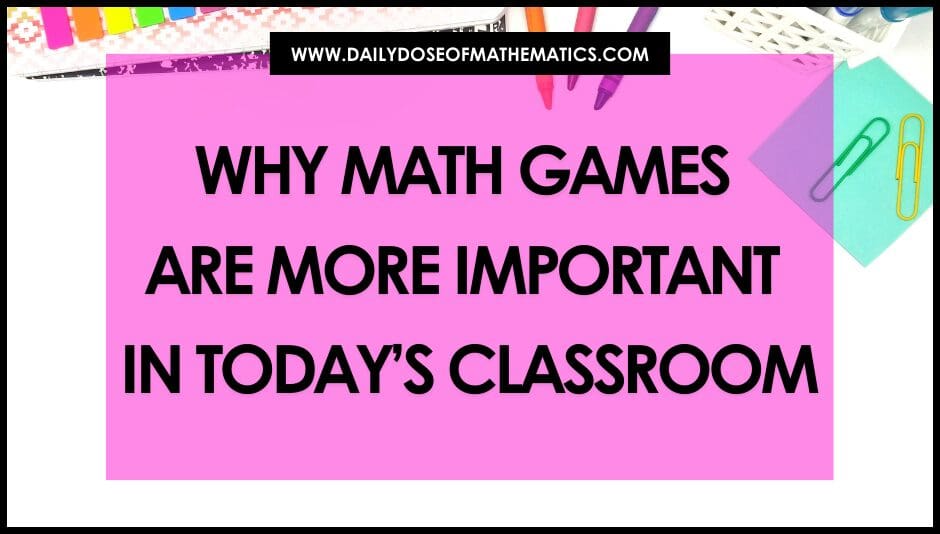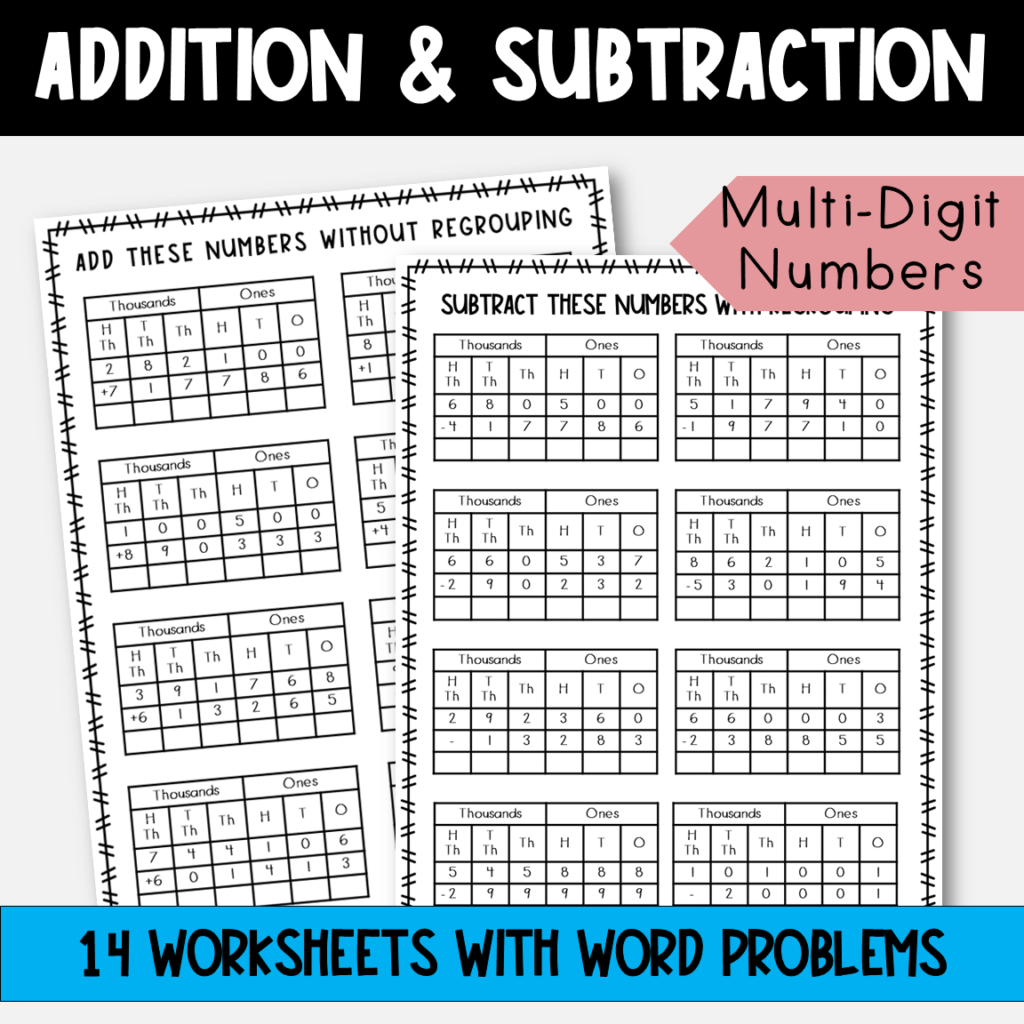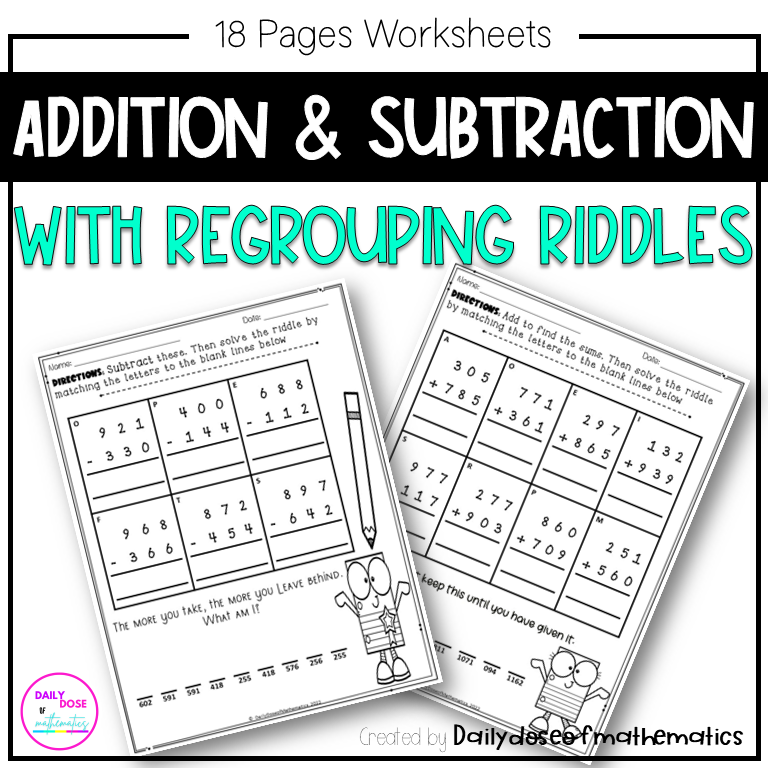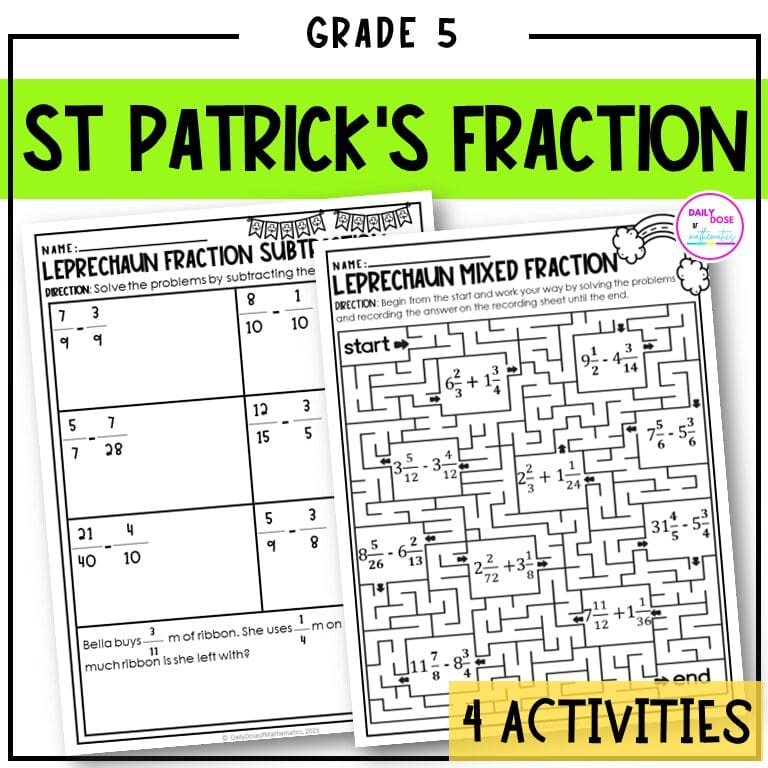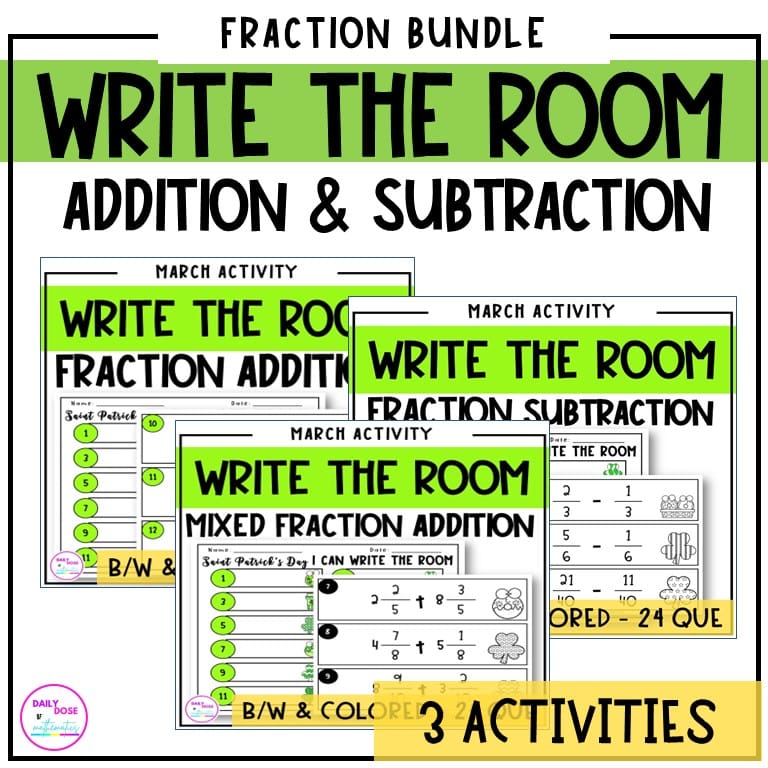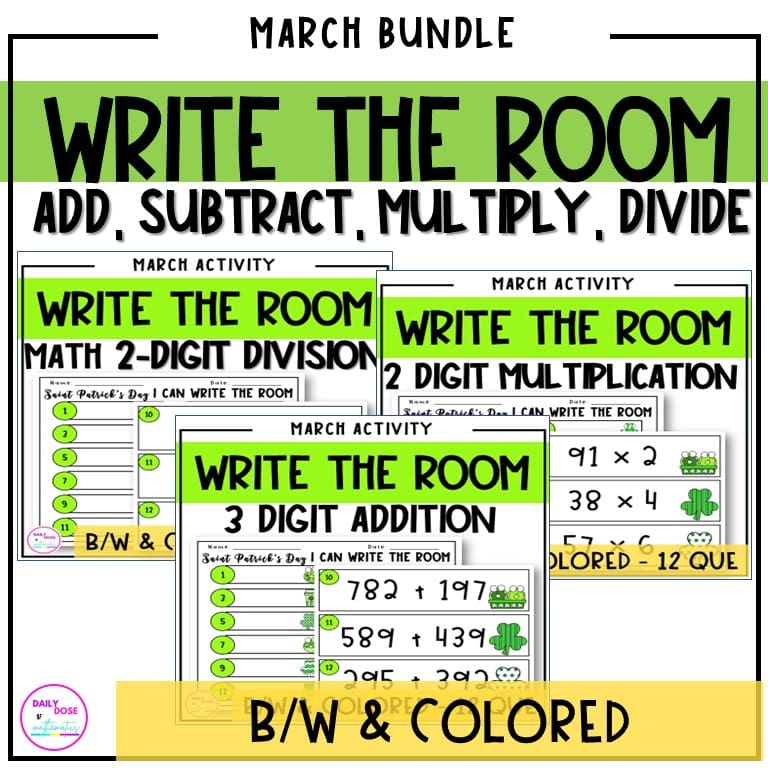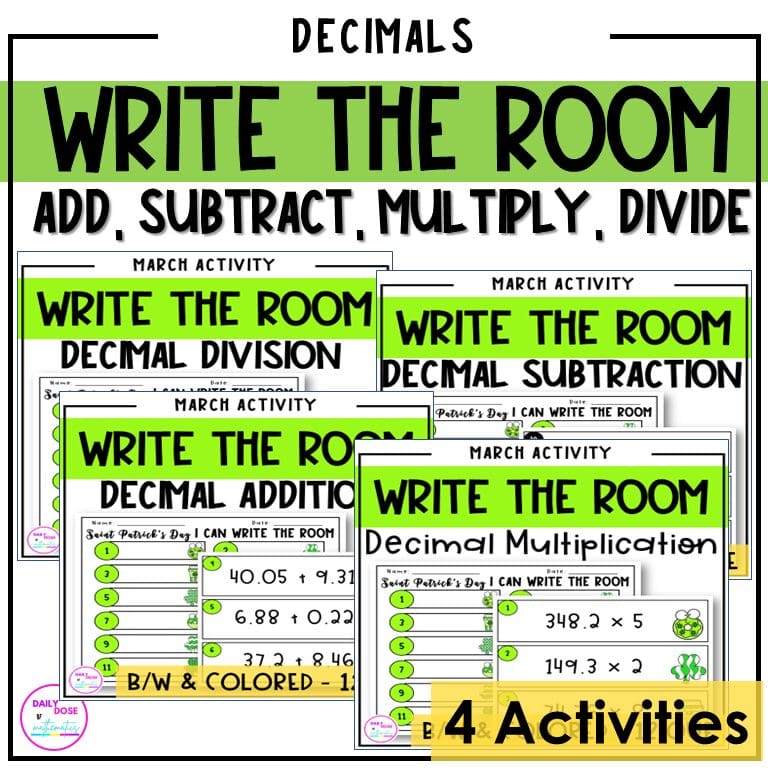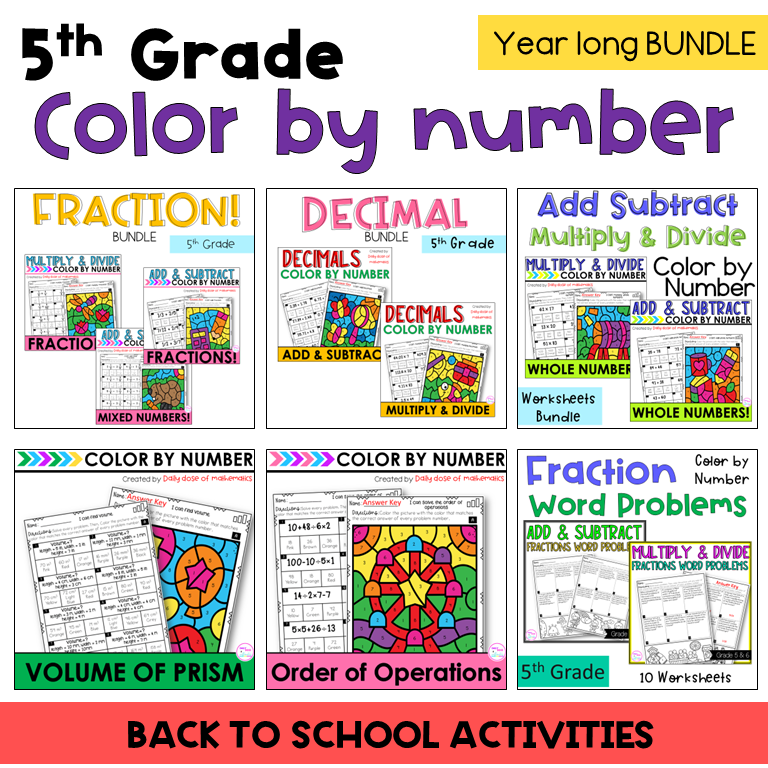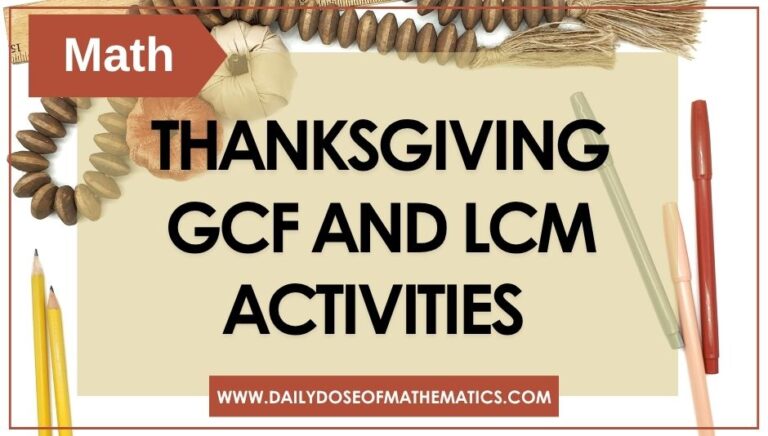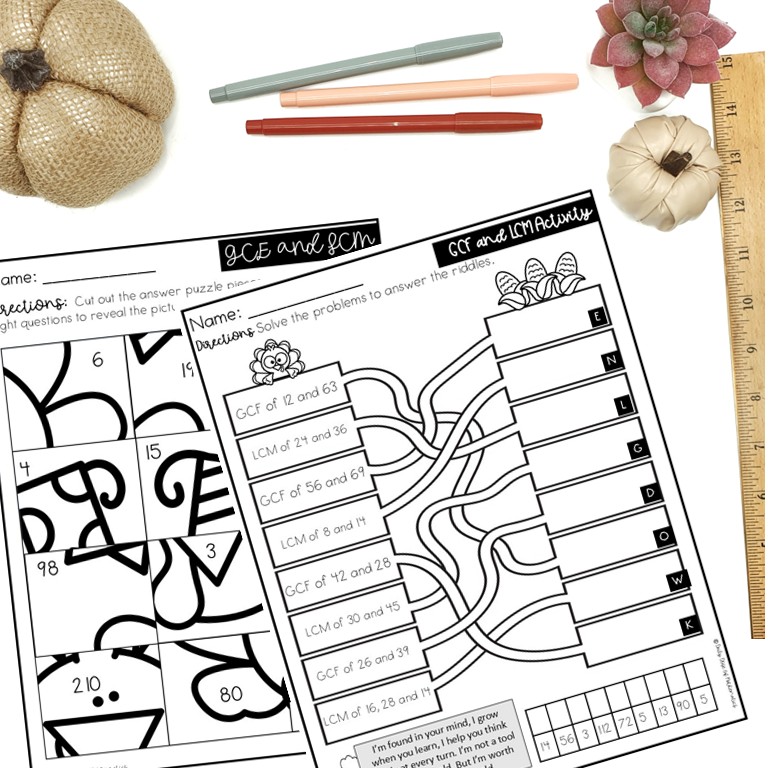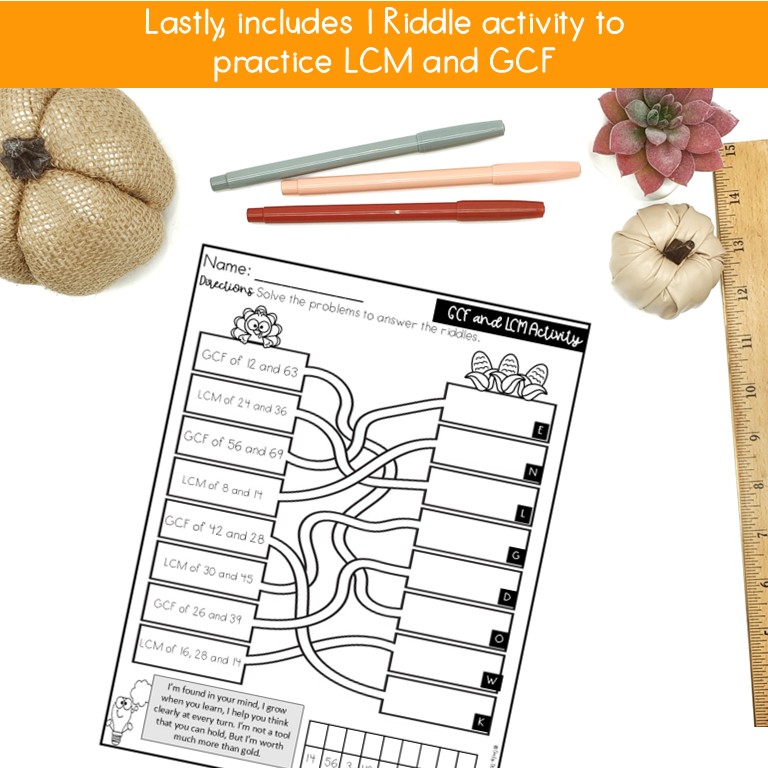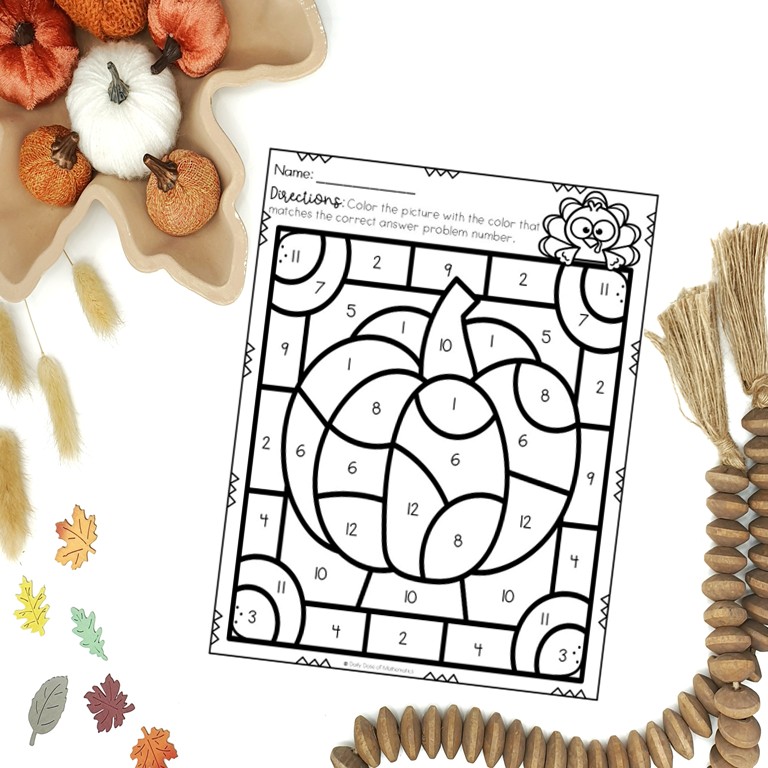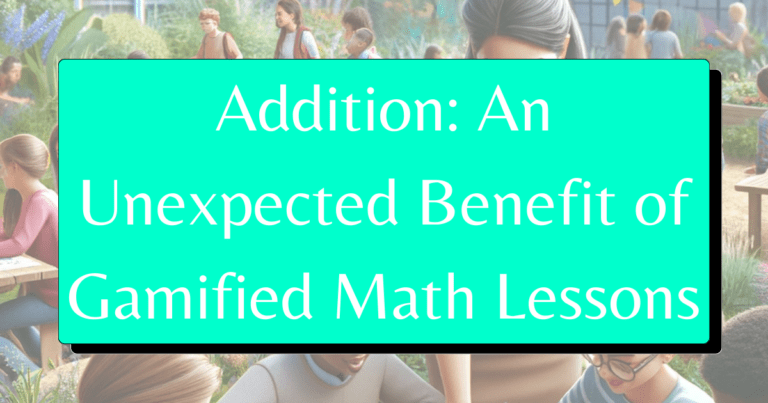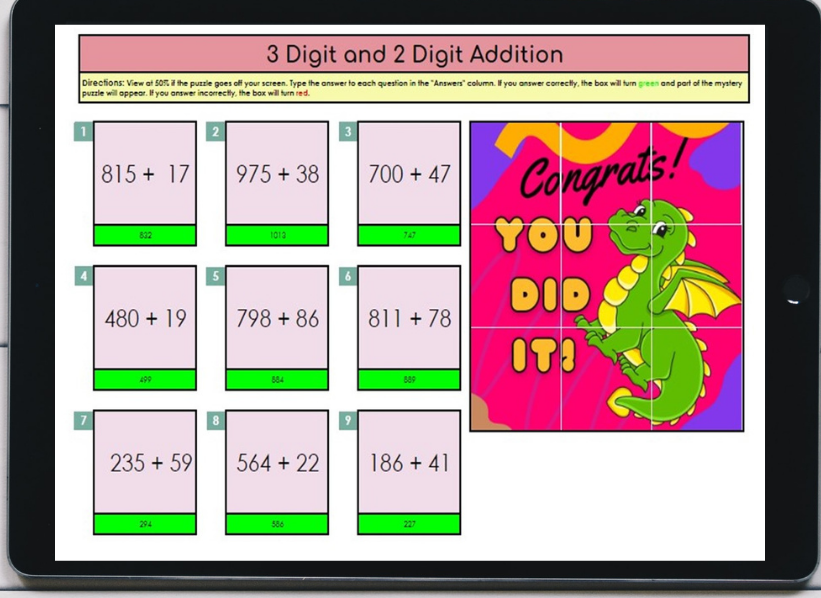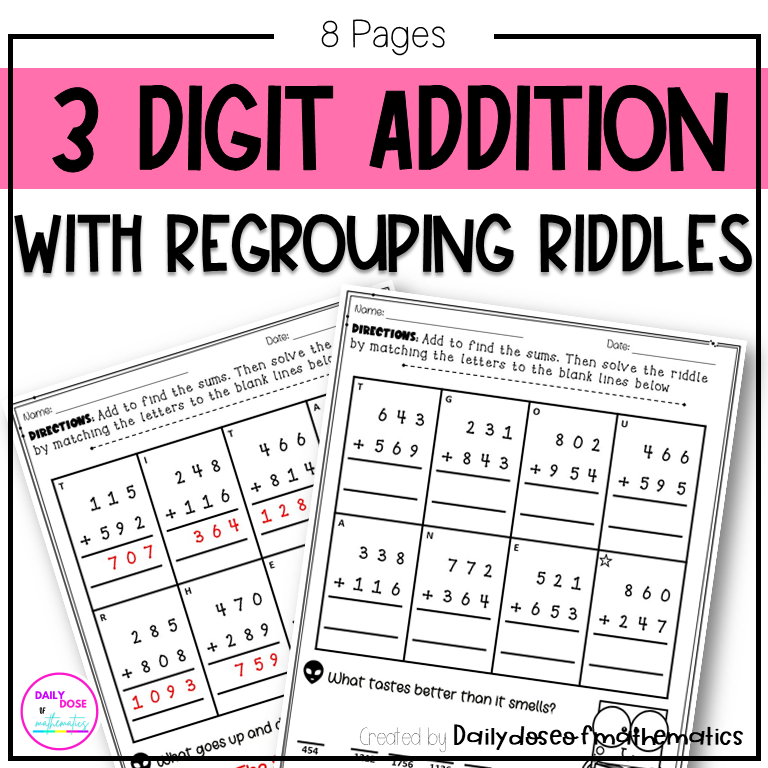Why Math Games Are Even More Essential Now in Today’s Classroom
Kids in upper elementary classrooms are more inclined to learn math through games because math games provide the same environment as today’s gadgets and screens but with the goal of learning something new.
This is why, in today’s teaching, it is more important than ever to use game-based learning methods in our math classrooms.
In my 10+ years of teaching math to elementary students, I have never encountered a time in my classes when, whenever I pull up a game, my kids do not get excited.
It has always been the case for me, no matter what the type of game is! It can be digital as well as printable but what would never happen with board games or game shows is a dry class with no learning excitement for a hard subject like math.
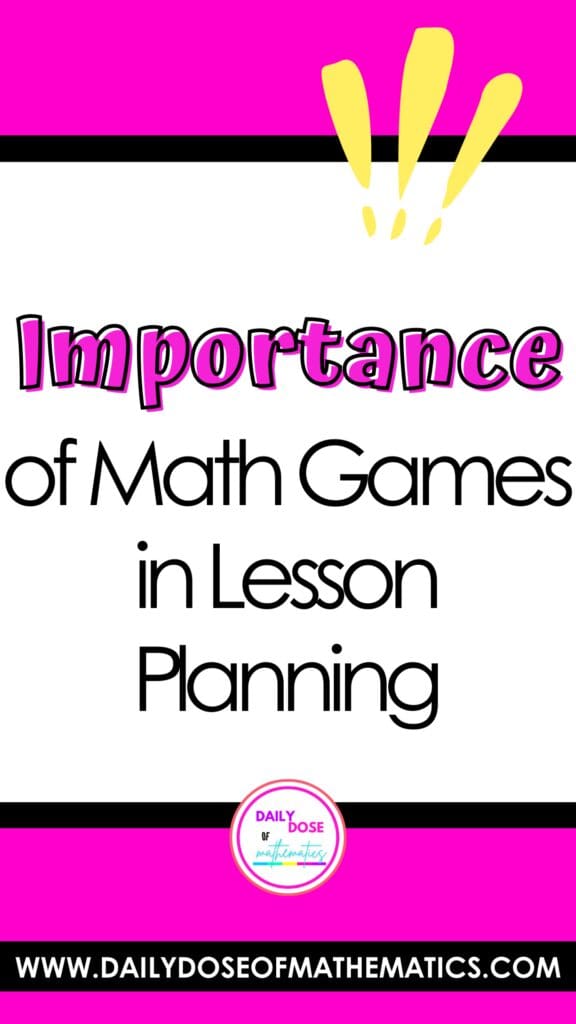
Honestly, I feel that having printable games or digital game-based activities should be in every teacher’s toolkit. They are a compelling way for kids to connect and engage with your teaching content. Still not convinced?
Here’s a list of why math games are important and how to integrate them into your lesson planning.
1. Enhanced Engagement during Math Class
This is what we all want? I mean, I do! And the best way to increase your class engagement is by using math games to make learning more interactive and exciting.
Gamification helps develop critical thinking skills, which are essential for children’s future success. Students are more likely to participate and stay focused when they play a game in pairs, compared to just working through a set of problems on a worksheet.
So, make your kids work in pairs next time you want them to add some accountability to your math lessons. The added accountability helps them push each other and encourages a sense of responsibility.
Looking for some fun games? Melissa, a fellow teacher, coach, and TpT author, has a blog post that can give you a comprehensive idea of the benefits of using math board games in classrooms.
2. Improved Understanding with Math Games
Understanding is the most important part of the learning process. It is the integral part that should be focused on during lesson planning.
If your kids can understand the basics of any concept, like fraction operations or the order of operations, they will be able to think through them, understand them, and solve problems on their own, which should always be the goal.
This collaborative environment that is created as a result of their teamwork can help them feel more comfortable sharing their thought processes and strategies with their class fellows.
With games, we can present kids with the same math problems in various formats like multiple choice, true-false, or even open-ended, which then helps students to see concepts from different angles.
This is crucial as it deepens their understanding and helps them apply math skills in various real world situations.
During my lessons I try to give kids as many practice problems as possible, but after we have
ended a lesson I prefer other formats like multiple choice or true false using interactive activities or riddles to check their understanding and see where the gaps are!
3. Immediate Feedback
Of course, getting feedback is important! But what’s more important is making it fun not just for kids but for you too. I try to incorporate self checking games during lessons because of the immediate feedbackkk!
We all want our kids to rise and shine but none of us want to go through the painful time taking act of grading and checking the assessments and creating the report cards.
That’s why math games can actually be a handy tool. It provides us with a way to keep ourselves on top of all the stuff other than teaching by utilizing the power of active learning, allowing students to practice and reinforce their skills in an interactive way.
It allows students to quickly see the results of their actions and understand what they need to improve. This immediate reinforcement can increase their confidence and motivate them to learn more.
4. Fun and Motivation
Let’s be honest: It is a chore to make math enjoyable and personalize activities for every kid. However, I believe learning is not only enjoyable with games; students are more than ready to engage with the material. Math games can turn a challenging subject into a fun and rewarding experience, which enhances a positive attitude towards math.
How to Integrate Math Games in Your Classroom
Use games that align with holiday themes or seasons, such as “Fall Place Value and Multiplication Division Games”. This can make learning festive and relevant to the time of year.
Digital games can be easily integrated into your lesson plans and are great for individual or small group work. One way is to customize games for different skill levels, making sure that all students, regardless of their abilities, are challenged appropriately and can progress at their own pace.
You can create different stations with various math games, like “Digital Fraction and Decimals Pixel Art Bundle.” Just assign students one of the activities and keep them engaged by exposing them to different types of problems.
Another way is to organize math game tournaments or challenges inside the classroom to add an element of friendly competition. However, this can even create a challenge of managing competitiveness among students. For this, make sure to emphasize the importance of teamwork and collaboration more. This can motivate students to practice more and improve their math skills.
Lastly, have students discuss what they learned and reflect on their strategies after playing. This will help solidify their understanding and encourage them to think critically about problem-solving techniques.
Math games are a fun and effective way to review important math concepts like decimal operations inside classrooms. Incorporating math games into your classroom can transform the way your students learn and engage with math. Making lessons interactive, engaging, and fun will help your students develop a deeper understanding and a love for the subject.
Looking for other cool ways to make math worksheets more fun for your kids? Check out this blog post on 11 cool ways to make boring worksheets more exciting!

